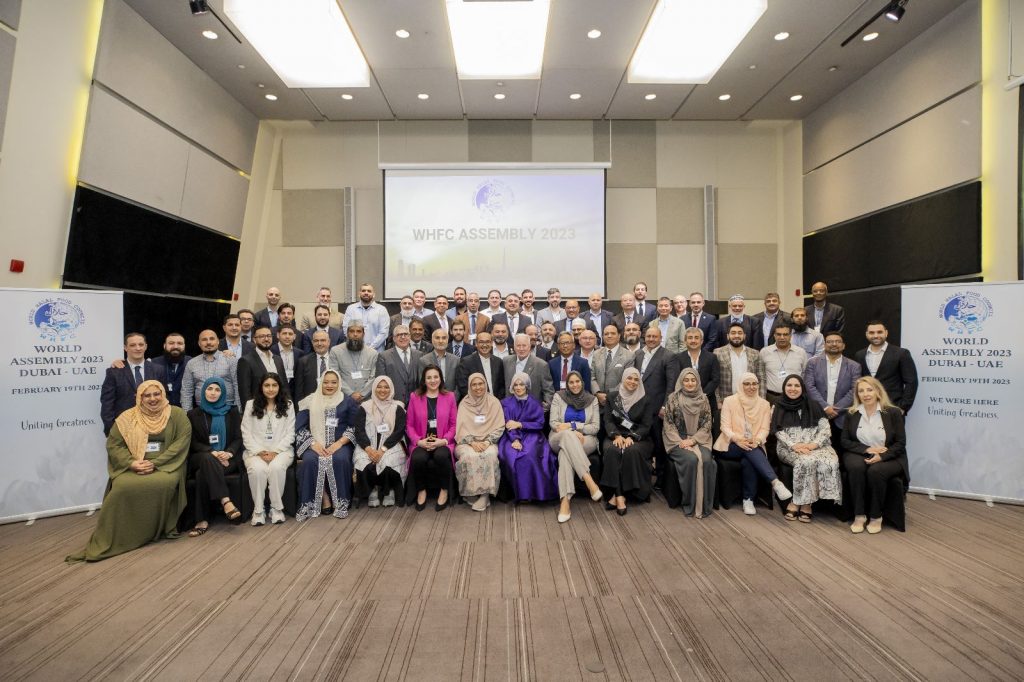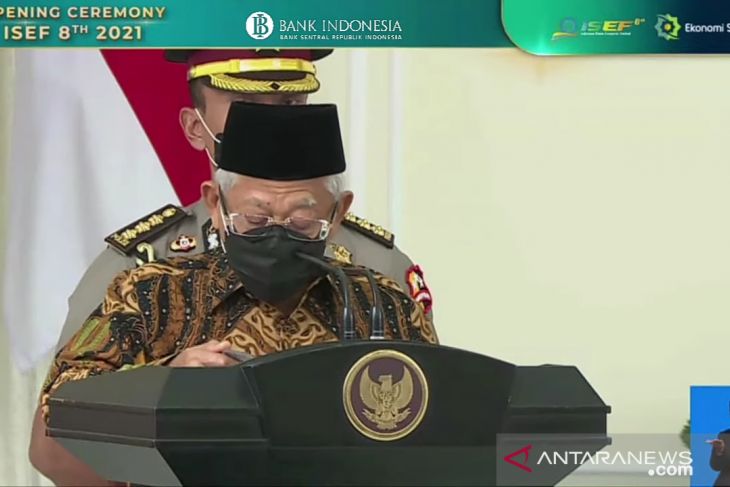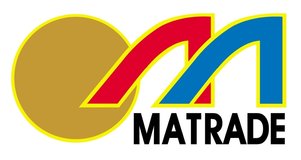The Middle East | 17 Oct 2012
 With food security becoming an increasingly important issue globally, and in the arid Middle East in particular, Dubai appears to have positioned itself to play an important role in meeting the most basic needs of the region, having emerged as a major processing and food re-exporting centre.
With food security becoming an increasingly important issue globally, and in the arid Middle East in particular, Dubai appears to have positioned itself to play an important role in meeting the most basic needs of the region, having emerged as a major processing and food re-exporting centre.
According to data issued by the Department of Economic Development (DED) in July, the manufacturing sector contributes 13.2% to the emirate’s GDP, representing around $10.5bn, and ranking it fourth overall behind wholesale trade, retail and repair; transport, storage and communication; and real estate and business activities.
One of the key segments of Dubai’s industrial base is the food sector, despite the fact that the emirate, and the rest of the UAE, has a limited capacity for domestic fresh food production, with less than 1% of the country’s land under cultivation. As a result, Dubai and the other emirates import around 90% of their required food stocks, including nearly all fresh produce consumed.
However, while Dubai is not a major food producer itself, it is a significant link in the region’s food chain. The emirate is the world’s third-largest re-exporter of food, with most of its trade flowing through to other countries in the region, but also to Asia and Africa. In part, this growing industry has developed thanks to Dubai’s strong logistics backbone and its location astride busy land, air and sea transport routes. The emirate has further built on the advantage of its location by investing heavily in logistics and storage facilities, helping to attract investment through the development of dedicated industrial centres, with areas set aside for food and beverage trade.
With the steady rebuilding of Iraq’s economy, Dubai’s food sector will be well placed to cash in on the increasing buying power of its Gulf neighbour. Iraq is already Dubai’s fastest growing re-export market, with the value of shipments rising by 376% to $5.28bn in the first six months of 2012 compared to the opening half of 2011, when $1.1bn worth of re-exports were dispatched. This puts Iraq second only to Saudi Arabia, which took $9.8bn worth of re-exports from Dubai in the first six months of the year.
The food sector is also one of the leading destinations for foreign direct investment, ranking just behind real estate, leisure and entertainment, chemicals, and financial and business services, according to data released by the foreign investment office of the DED at the end of September.
In late September, the Perfect Food Factory, a company owned by Saudi Arabia’s Supreme Foods Processing Company (SFPC), announced the commissioning of a new food processing line, its third at Dubai Industrial City. Operating out of a $27m facility, the new production line will turn out 100 tonnes of special cuts of raw and cooked poultry each week, adding to the firm’s existing capacity of 250 tonnes of beef and poultry products.
According to Robert Morrison, the general manager of the SFPC, “Our output from the factory at Dubai Industrial City is exported to markets in Qatar, Kuwait, Jordan, Egypt and Morocco, where we are looking to aggressively expand our footprint. We also expect to cater to new markets, such as Lebanon, by 2013,” he said.
The SFPC is not the only foreign investor reinforcing its position within the Dubai food industry. In mid-2012 Nestlé, the Switzerland-based nutritional and health-related consumer goods firm, announced it would be investing a further $136m in Dubai to build a new facility at the Dubai World Central (DWC) business park. The plant, to be constructed on a site covering 175,000 sq metres, will produce nutrition and coffee products. The new facility will be Nestlé’s second in Dubai, its first having opened in 2010.
When unveiling the plans, Hans Juergen Jung, the technical director at Nestlé, said that by operating out of Dubai, the firm was able to produce more quickly and speed up the delivery process, taking advantage of the emirate’s central position.
While Dubai’s food industry can be susceptible to market uncertainty and regional unrest, which could both push down sales and have the potential to disrupt logistics chains, the rising demand for its products in the region should see the segment weather any disruptions and continue to expand.



